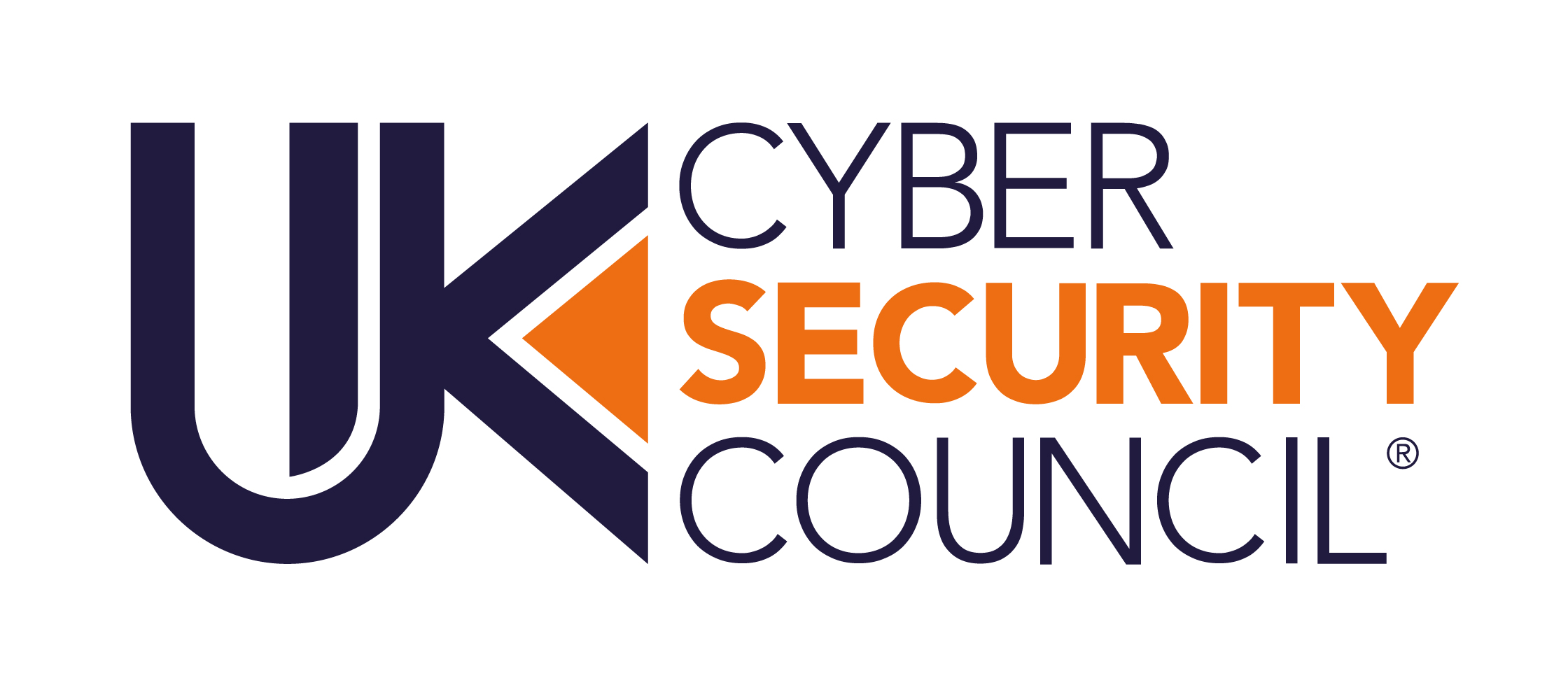![]()
The UK Cyber Security Council (UK CSC) plays a pivotal role in shaping the cyber security profession within the United Kingdom. Established to support the professional development of those working in or aspiring to work in cyber security, the UK CSC ensures that professionals operate with credibility, integrity, and professionalism. This blog post delves into the UK CSC, its memberships, and the requirements for becoming a member.
About the UK Cyber Security Council
The UK CSC is dedicated to promoting cyber security as a viable career option for individuals from diverse backgrounds, whether they are in education, employment, or considering a career change. The Council supports employers and individuals by providing advice on cyber security skills and career mapping, ensuring that professionals are well-equipped to navigate the rapidly evolving cyber landscape.
The Council’s mission includes:
- Supporting the professional development of cyber security professionals.
- Promoting ethical standards and guiding principles within the profession.
- Eliminating barriers to entering or progressing within the cyber security field.
- Producing thought leadership, white papers, and policy research to inform government and champion the voice of professionals.
Membership and Professional Registration
The UK CSC offers professional registration titles in various specialisms, including Governance and Risk Management, Secure System Architecture and Design, Audit and Assurance, and Security Testing. These titles are designed to recognise the hard work and skills of cyber security professionals, providing them with a formal acknowledgment of their expertise.
Membership Levels:
- Chartered: The highest level of professional registration, recognising individuals with significant expertise and experience in their field.
- Principal: Acknowledges professionals who have demonstrated a high level of competence and commitment.
- Associate: For those who are beginning their professional journey in cyber security and have shown potential and dedication.
Membership Requirements
To become a member of the UK CSC, individuals must meet specific requirements that demonstrate their competence and commitment to the profession. These requirements include:
- Professional Competence: Applicants must provide evidence of their skills and knowledge in their chosen specialism. This can include qualifications, certifications, and practical experience.
- Commitment to Professional Development: Members are expected to engage in continuous professional development to stay abreast of the latest trends and advancements in cyber security.
- Ethical Standards: Adherence to the UK CSC’s ethical declaration and guiding principles is mandatory. This ensures that members act with integrity and professionalism in all their endeavours.
For example, all CHECK Team Leaders (CTLs) must gain a UK CSC Professional Title (Principal or Chartered) by 31st March 2025, and all CHECK Team Members (CTMs) must gain a UK CSC Professional Title (Practitioner) by 31st March 2026.
Membership Application Process
The application process for UK CSC membership is designed to be thorough yet accessible, ensuring that only qualified and committed professionals are granted membership. Here are the steps involved:
- Initial Application: Prospective members must complete an online application form available on the UK CSC website. This form requires detailed information about the applicant’s professional background, qualifications, and experience.
- Submission of Evidence: Applicants must submit evidence to support their application. This includes copies of relevant certifications, proof of qualifications, and documentation of professional experience.
- Assessment: The UK CSC will review the submitted application and evidence. This assessment is conducted by a panel of experienced professionals who evaluate the applicant’s competence and commitment to the field.
- Interview: In some cases, applicants may be invited to attend an interview. This interview allows the panel to further assess the applicant’s suitability for membership and clarify any aspects of the application.
- Decision: After the assessment and interview (if applicable), the UK CSC will make a decision on the application. Successful applicants will be notified and granted the appropriate membership level.
- Continuous Professional Development (CPD): Once accepted, members are required to engage in CPD activities to maintain their membership. This ensures that members continue to develop their skills and stay updated with industry advancements.
Benefits of Membership
Becoming a member of the UK CSC offers numerous benefits, including:
- Recognition: Professional registration titles provide formal recognition of an individual’s expertise and commitment to the field.
- Career Advancement: Membership can enhance career prospects by demonstrating a high level of competence and professionalism to employers.
- Networking Opportunities: Members have access to a network of like-minded professionals, providing opportunities for collaboration and knowledge sharing.
- Professional Development: The UK CSC supports members in their continuous professional development, ensuring they remain at the forefront of the industry.
Conclusion
The UK Cyber Security Council is instrumental in advancing the cyber security profession within the UK. By offering professional registration titles and supporting the development of cyber security professionals, the UK CSC ensures that the industry is populated with skilled, ethical, and committed individuals. If you are passionate about cyber security and wish to advance your career, consider becoming a member of the UK CSC and join a community dedicated to excellence in the field.
For more information on the UK CSC and how to apply for membership, visit their official website: https://www.ukcybersecuritycouncil.org.uk/
